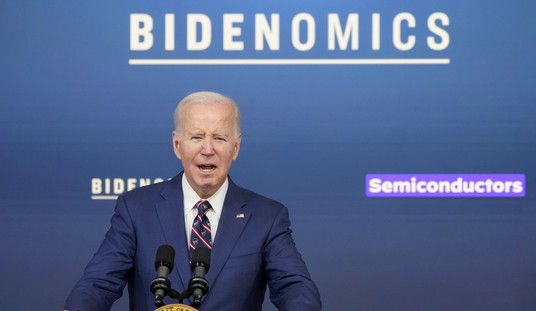A group of Senate Democrats is promising to unveil “major” legislation to reform the FISA courts at a noon press conference today.
Sens. Richard Blumenthal (D-Conn.), Ron Wyden (D-Ore.), and Tom Udall (D-N.M.) are behind the pair of bills to “ensure FISA courts properly balance the need to protect national security with constitutional and statutory requirements to safeguard individual rights to privacy and liberty.”
The FISA Court Reform Act of 2013 “would ensure that the FISA courts could only issue significant interpretations of law after arguments for and against expansion of government surveillance are heard and considered, and create an office tasked with advocating in the FISA courts’ closed proceedings for the Constitutional liberties and privacy rights of individual Americans,” according to Blumenthal’s office.
The FISA Judge Selection Reform Act “would reform how judges are appointed to the FISA courts to ensure that the court is geographically and ideologically diverse and better reflects the full breadth of perspectives on questions of national security, privacy, and liberty.”
Yesterday on the Senate floor, Wyden called for ending the NSA’s bulk collection of phone metadata.
“As this debate has unfolded, whether you are in a lunchroom at work or a senior citizens center or you are looking at a political opinion poll, the polls have changed something like 20 points just in the last few weeks, with Americans saying, particularly, that the bulk phone records collection program is an intrusion on the rights of law-abiding Americans. Whether it is what citizens say at townhall meetings or what they say in the company lunchroom or in senior citizens centers, Americans have come to understand that these false choices are not what the discussion is all about. Americans have come to figure it out,” said Wyden, a privacy-rights advocate who has provided some of the loudest administration criticism from the left.
A huge part of the problem, the senator said, “is leaders in the intelligence community have made misleading statements, repeatedly.”
“Senator Udall and I have been walking everyone through that. The bulk phone records collection program is often compared to a grand jury subpoena approach,” Wyden continued, calling the argument “about as far-fetched as it gets.”
“I often say when I am visiting with lawyers, or I ask for a show of hands: Does anybody know of a grand jury subpoena where you can have the bulk collection of millions of phone records of law-abiding Americans? Come on up to me and tell me after the meeting is over,” he added. “I do not exactly get swarmed. The reason is there are not any.”









Join the conversation as a VIP Member